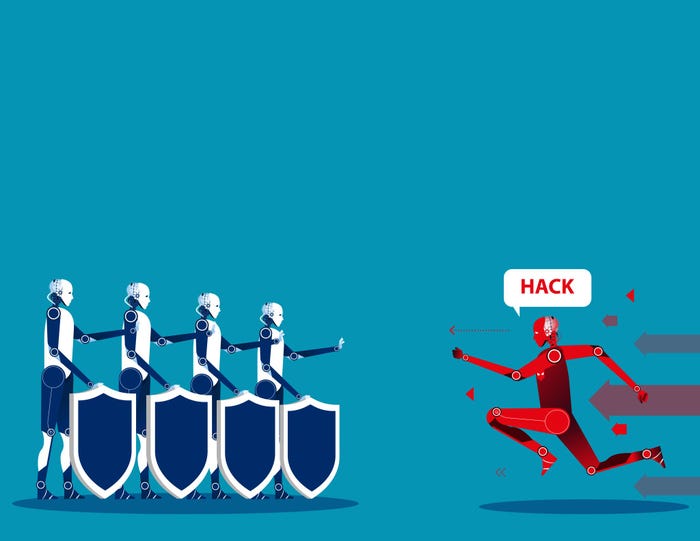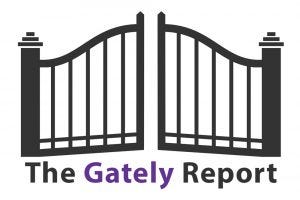Meantime, Blackpoint Cyber detects threat actors deploying attacks with ConnectWise Control.

BlackBerry is accelerating its work with MSSP partners as the managed security services marketplace is expected to skyrocket through 2030.

BlackBerry’s Colleen McMillan
That’s according to Colleen McMillan, BlackBerry’s vice president of global channel sales. She leads the company’s global channel strategy.
The managed security services marketplace should grow from about $22 billion to over $77 billion from 2020 to 2030. That’s good news for BlackBerry MSSP partners.
“That’s a pretty good indicator that we’re going to see more and more growth around the managed service marketplace,” McMillan said. “So obviously we’re making tremendous investments there to support our MSSPs. We’ve doubled the team.”
 Augmenting BlackBerry’s Cybersecurity Team
Augmenting BlackBerry’s Cybersecurity Team

Last fall, John Giamatteo, formerly McAfee’s president and chief revenue officer, became president of BlackBerry’s cybersecurity business unit.
“He’s really done a fabulous job of bringing on a number of key individuals that have tremendous cybersecurity experience,” McMillan said. “We have a new vice president to head up research and threat intelligence and we have a new CTO. So there’s a lot of really solid cybersecurity credentialed folks that are at the helm making a difference. I think it’s exciting for our partners. And I’m just very optimistic about being here at this moment.”
For its fourth-quarter 2022 earnings, BlackBerry reported total company revenue of $185 million. Cybersecurity revenue totaled $122 million.
Cylance, which BlackBerry acquired in 2019, has been rebranded to BlackBerry Security. BlackBerry added Cylance artificial intelligence (AI) technology to its portfolio of cybersecurity innovations.
Scroll through our slideshow above for a Q&A with McMillan and more cybersecurity news.
Want to contact the author directly about this story? Have ideas for a follow-up article? Email Edward Gately or connect with him on LinkedIn. |
About the Author(s)
You May Also Like


